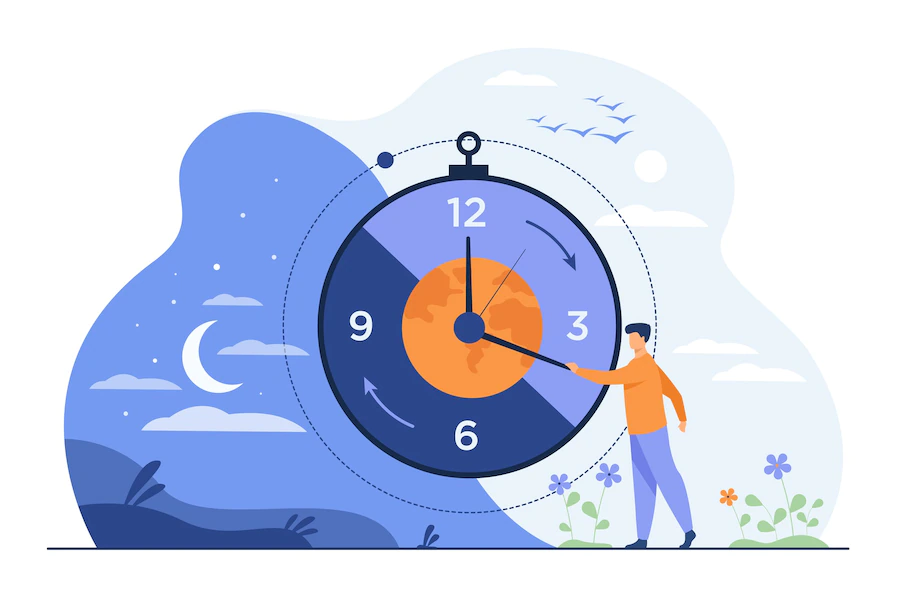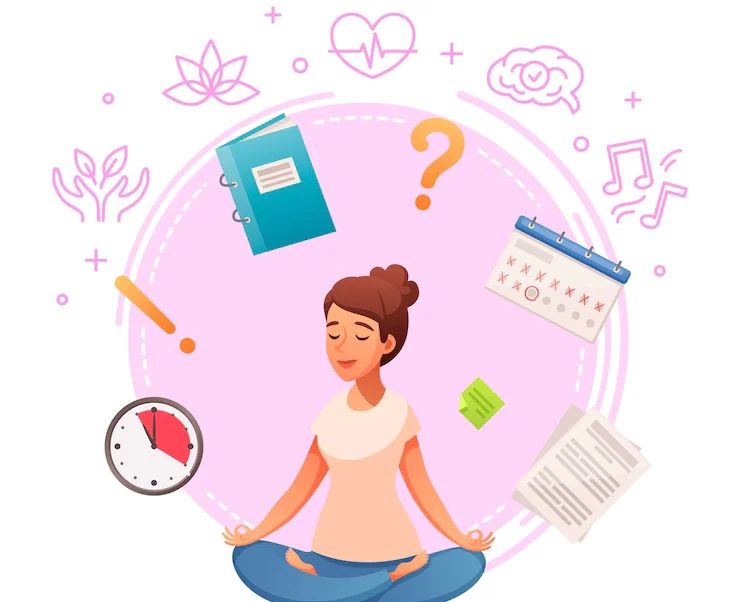8 Steps to Breaking a Bad Habit and Forming a New One
- 1 8 Steps to Breaking a Bad Habit and Forming a New One
- 1.1 Focus on why you’d like to make a change
- 1.2 Allow yourself to relax and let go of the all-or-nothing mindset
- 1.3 Start with a small project
- 1.4 Reduce your stress levels
- 1.5 Consider the cumulative influence of good (and bad) practices
- 1.6 Choose the most efficient solution to the issue
- 1.7 Give systems precedence over goals
- 1.8 Make distinct environments for the development of various habits
Habits have the power to make or break us by influencing our daily actions and even our self-esteem. Using New Year’s resolutions to break a habit is similar to trying to break a habit. We set a goal for ourselves, prepare tools to help us reach it, then work diligently to achieve it. Why do so many New Year’s goals and attempts to break unhealthy habits fail?
The ability to resist temptation and willpower deteriorate. As a result, our motivation wanes, and we withdraw into the past, forgetting our goals. Contact Incrementors for online lead generation services.
This isn’t the way to attain your objectives or form new habits.
8 Steps to Breaking a Bad Habit and Forming a New One
When you’re happy where you are, it’s all too easy to give in. You either stop up trying to reach a goal because it appears unattainable, or you settle for anything midway between where you are now and the goal you desire.
-
Focus on why you’d like to make a change
What are you aiming to accomplish by breaking or changing a habit? According to 2012 research by Trusted Source, changing a habit is easier when the change is desirable or beneficial to you.
For a few minutes, consider why you want to quit the habit and any benefits you see as a result of the change. Make a list of these reasons to see if you can think of any others that haven’t come to mind yet.
For further motivation, write out your reasons on a piece of paper and place it on your refrigerator, bathroom mirror, or wherever else you’ll see it often.
Seeing the list can assist you to recall the change you want to make. If you go back into old patterns, your list will serve as a reminder of why you should keep trying.
-
Allow yourself to relax and let go of the all-or-nothing mindset
Accepting that you will almost certainly make mistakes while attempting to change a habit and establishing a strategy is one thing. It’s a different matter of preventing feelings of failure and unhappiness when you do make a mistake.
If you slide back into an old habit, you might wonder, “Can I really do this?” You may begin to doubt yourself and feel as if you should give up.
Instead, Myers advises concentrating on your achievements. Maybe you’ve been trying to quit smoking for three days and have been successful. On the fourth or fifth day, you might start smoking again.
-
Start with a small project
Trying to break multiple habits at the same time? When you’re first trying to quit harmful habits, the image of a new, better you can be a tremendous motivator. In some circumstances, this is a viable option.
If the habits are interconnected, you might find it easier to address them all at once. If you wish to quit smoking and drinking at the same time, for example, quitting both at the same time may be the best option.
-
Reduce your stress levels
Many behaviors, such as smoking or eating too much sugar, are linked to the dopamine (or reward) system in the brain. Dopamine is a “feel-good” chemical that allows brain neurons to communicate with one another.
According to Poldrack, dopamine release causes a euphoric feeling the first time you engage in a new, “rewarding” behavior. This changes the connections between neurons as well as the brain circuits that control actions, which may explain why we develop bad habits in the first place.
-
Consider the cumulative influence of good (and bad) practices
Compound interest can be beneficial or detrimental depending on whether your behaviors encourage or hinder self-improvement. Whether you’re attempting to learn a new language, establish a business, brush up on world history, or anything else, it’s all about believing in the power of small steps along the road.
After a period of time, we are able to see results in our behavior due to those habits.
-
Choose the most efficient solution to the issue
“Habits are the answers that your brain automates to repeating situations you face throughout your life, “Clear explains. Practice makes a man perfect hence you should do it repeatedly so that you can have better habits.
Your brain encourages you to relax by doing anything after you get home from a tough day at work. Calling a friend, smoking a cigarette, or reading in the bathtub are all options for satisfying this craving. All of these are solutions to the same issue, however, some are better for you than others. online lead generation services by Incrementors has helped many firms in their marketing strategy.
-
Give systems precedence over goals
What are the advantages of creating objectives? Systems are the way to go when it comes to the process of change. They’re important for clarity and direction, but when it comes to the process of change, they’re the way to go.
“Achieving a goal just changes our lives for a moment,” Clear cleverly argues. We would have actually developed only if the goal attainment was followed by a set of habits that will allow us to achieve comparable goals in the future rather than returning us to our pre-achieved state.
Cleaning your entire house is a huge accomplishment, but you’ll only be able to do it once in a while unless you develop a system to keep it clean on a regular basis.
-
Make distinct environments for the development of various habits
Clear explains, “Habits are all about associations.” It is all about identifying a problem and solving it. As a result, if you want to form a new habit and keep it, you’ll need to build a new context as well.
It’s best to do it in a “reading chair” or at a café you’ve designated as your reading café. It’s best if you can form the new habit in an environment that’s free of behavioral links.




















